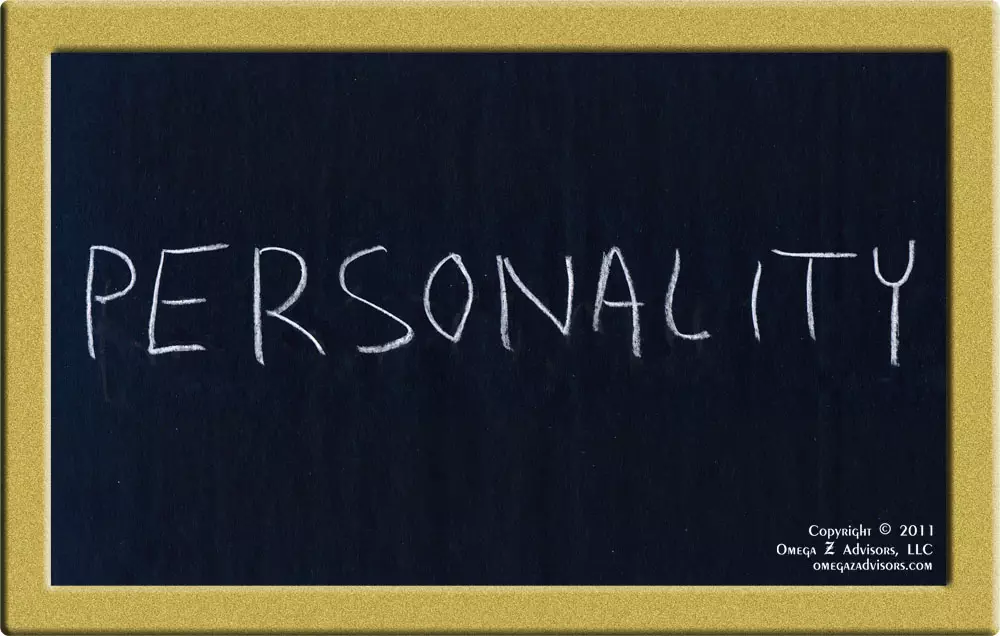Blank Slates No More
 Part of what makes intuition so powerful is the assumption that we are born with personalities, talents and knowledge. Life then becomes the challenge to express them.
Part of what makes intuition so powerful is the assumption that we are born with personalities, talents and knowledge. Life then becomes the challenge to express them.
For example, we are born knowing about the “opposite sex.” It’s only later in life we arrive at an understanding of it and the ability to verbalize it. However, this contradicts the more popularized view of humans being born a “blank slate.” The article, “Transporter of Delight”, in the October 15, 2011 edition of The Economist, severely undercuts this notion by beginning:
The idea that the human personality is a blank slate, to be written upon only by experience, prevailed for most of the second half of the 20th century. Over the past two decades, however, that notion has been undermined.
The article cites research concluding, “personality is the single biggest determinant” of happiness with “a third of the variation in people’s happiness [being] heritable.” For example, extroverts tend to feel happier than introverts do. Thus, what I wrote regarding free will (more) and “who we are” being quite different from “who we think we are” is really about us being substantially more than “the sum of our experiences” and more than “a product of our environment.” There are opportunities for us when we realize we weren’t born slaves to our conditions, environments, societies and cultures.
Yet, this poses some thought provoking questions such as, “What happens to us when our nature is in conflict with our culture, our society or our upbringing?” Also, “What happens when we try to express ourselves in the midst of such conflict?” In such situations, we can easily see how God or Nature created us to alter the status quo, to change things . . . to encourage growth where stagnation exists. Growth cannot occur without change.


It might be better to say that happy people tend to be more extroverted, or more willing to express how they feel. The first line from Tolstoi’s Anna Karenina can be read in the Russian with the following meaning “All happy families are as among friends, each unhappy family is as being alone.”
Very good perspective, Doug. I’ve read Anna Karenina but need to look up the Russian version. I can easily see that to be true. Happiness is hard to contain. Thank you for visiting and sharing.